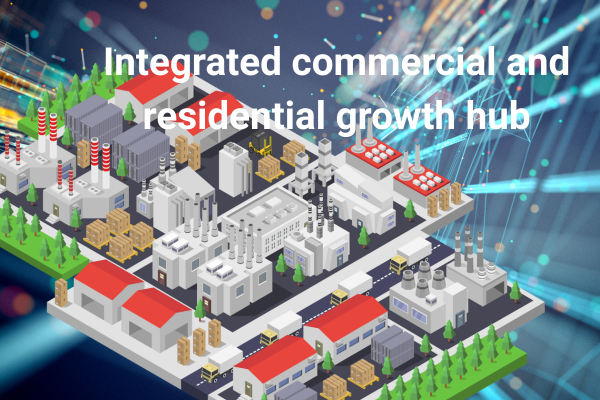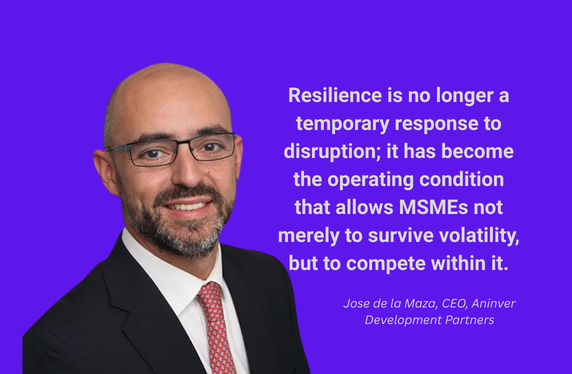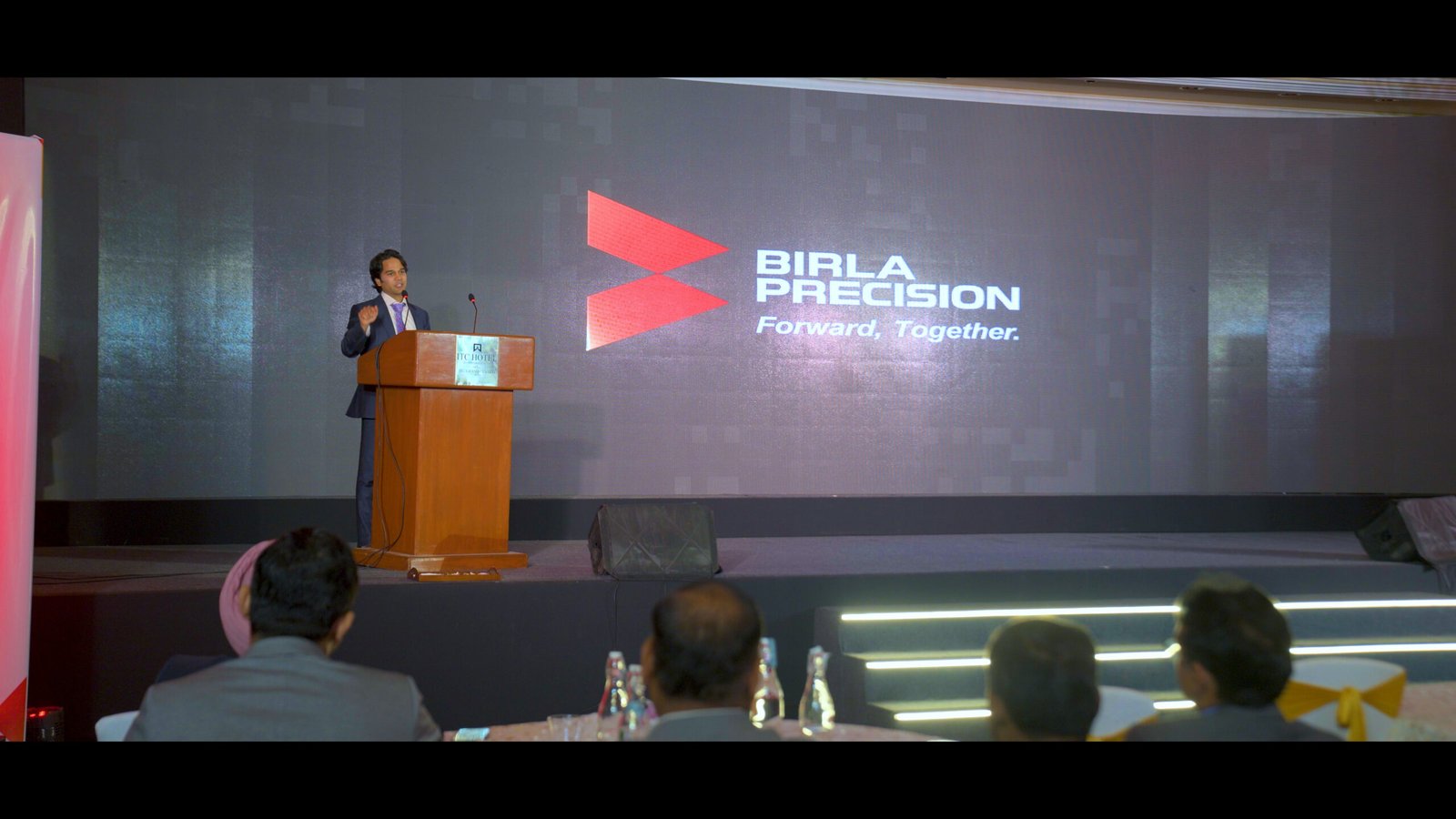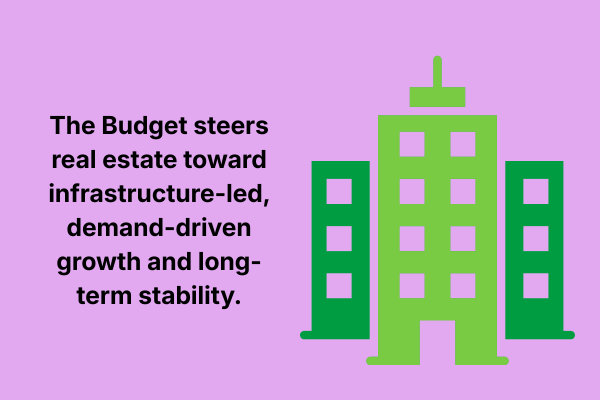The Digital Economy Partnership Framework lays the groundwork for deeper integration that could lead to a larger economic union. Such a move would represent a significant step in advancing economic integration, enabling free movement of goods, services, capital, and digital innovation across member states. This integration would boost intra-bloc trade, attract foreign investment, and enhance the collective bargaining power of emerging economies. Coordinated efforts in digital infrastructure, regulatory harmonization, and MSME empowerment would underpin a unified economic policy framework, fostering a more integrated market.
The digital economy is redefining global economic landscapes, with its influence permeating industries such as e-commerce, information technology, and digital connectivity. The BRICS+ nations—Brazil, Russia, India, China, South Africa, and other newly added members—are tapping into this transformative force by adopting a unified Digital Economy Partnership Framework. This framework seeks to promote inclusive growth, drive economic transformation, and advance sustainable development in alignment with the UN 2030 Agenda for Sustainable Development Goals (SDGs). As the global economy increasingly leans towards digital innovation, the BRICS+ bloc’s strategy represents a significant push towards deeper economic integration, challenging existing technological and trade hegemonies while establishing a balanced global digital economy.
Bridging the Digital Divide: Opportunities and Strategic Integration
The digital development levels within BRICS+ countries vary significantly, creating both opportunities and challenges for economic integration. The BRICS Digital Economy Partnership Framework aims to close this gap and ensure that the benefits of digital transformation are equitably distributed across the bloc. Reducing the digital divide is not only a social priority but also a critical economic need to enhance trade competitiveness and boost growth.
The framework aims to accelerate digitalization, leveraging each country’s unique strengths. China and India, with their advanced technology sectors, can take the lead in software development and digital services. Russia, known for its cybersecurity capabilities, adds a strategic layer of resilience. Meanwhile, Brazil and South Africa can integrate digital technologies into traditional sectors like agriculture and resource extraction, enhancing productivity and creating new growth opportunities. By capitalizing on these complementary strengths, BRICS+ can promote diversification and specialization, thereby strengthening the bloc’s economic resilience and global competitiveness. This approach encourages efficient resource allocation, with digital leaders sharing best practices and transferring knowledge to less developed members, fostering a cohesive BRICS+ digital economy.
Digital Trade Facilitation: Lowering Barriers and Standardizing Practices
Reducing trade barriers and transaction costs is crucial for facilitating the flow of goods and services. The BRICS Model E-port Network aims to standardize digital trade practices and improve interoperability across member countries, enabling seamless cross-border transactions. This digitalization of trade processes could significantly reduce traditional impediments such as port congestion, logistical inefficiencies, and cumbersome documentation requirements.
Streamlining customs procedures and adopting integrated digital payment systems could further position BRICS+ as a major player in global trade, challenging the dominance of Western-led trade agreements like the Trans-Pacific Partnership (TPP) and the EU’s Digital Single Market. This would potentially shift the balance of power in global trade governance, enhancing the economic standing of BRICS+ countries.
Investment in Digital Infrastructure: A Catalyst for Economic Transformation
Digital infrastructure investment is central to the economic transformation agenda within BRICS+. A robust digital infrastructure reduces transaction costs, boosts productivity, and ensures a smooth flow of information, laying the groundwork for competitive economies. The bloc recognizes the importance of digital industrialization and is making significant investments in this area. China is leading the way, with plans to invest $1.4 trillion by 2025 in technologies such as 5G, artificial intelligence, and cloud computing. India’s Digital India initiative aims to attract $1 trillion in investments by 2030 to enhance connectivity, cybersecurity, and digital services. Russia’s expertise in cybersecurity strengthens the bloc’s digital defense, providing sophisticated capabilities that secure economic activities.
Coordinated digital infrastructure investment not only fosters growth within individual member states but also creates network effects that amplify economic gains across the bloc. Improved connectivity facilitates higher trade volumes, enhances access to global markets, and diversifies economic activities, thus reducing dependence on volatile commodity exports.
Consumer Protection and E-commerce: Building Trust and Expanding Markets
The expansion of e-commerce presents opportunities but also challenges related to consumer protection, data privacy, and dispute resolution. The BRICS Framework for Consumer Protection in E-commerce seeks to address these issues by implementing common standards and efficient dispute resolution mechanisms. Such harmonization builds trust and encourages higher consumption levels and cross-border trade.
From an economic perspective, strong consumer protection frameworks boost market confidence and support the digital economy’s growth by promoting consistent regulatory standards. This integration into global e-commerce networks can help BRICS+ counterbalance the influence of established markets in the U.S. and EU.
Empowering MSMEs: Leveraging Digital Tools for Export-Led Growth
Micro, small, and medium-sized enterprises (MSMEs) are crucial to economic activity within BRICS+, contributing significantly to employment and GDP. However, barriers such as inadequate access to digital tools and financing often limit their participation in international trade. The framework seeks to empower MSMEs by fostering digital literacy, providing access to digital platforms, and creating a supportive policy environment.
Digitally enabled MSMEs generally experience higher revenue growth due to their enhanced ability to reach global customers. Integrating them into the digital economy supports export-led growth, diversifying the bloc’s export base and making it less vulnerable to external economic shocks.
Towards a BRICS+ Free Economic Zone and Economic Union
The Digital Economy Partnership Framework lays the groundwork for deeper integration that could lead to a Free Economic Zone or even an economic union. Such a move would represent a significant step in advancing economic integration, enabling free movement of goods, services, capital, and digital innovation across member states. This integration would boost intra-bloc trade, attract foreign investment, and enhance the collective bargaining power of emerging economies. Coordinated efforts in digital infrastructure, regulatory harmonization, and MSME empowerment would underpin a unified economic policy framework, fostering a more integrated market.
The prospect of a BRICS+ economic union would necessitate deeper policy coordination, including fiscal and monetary policies, aligned with long-term development goals. By prioritizing digital transformation and economic integration, the bloc could establish itself as a formidable economic entity, capable of driving sustainable growth and influencing global economic governance. The BRICS+ initiative presents a unique opportunity to redefine global economic cooperation, setting a new trajectory for inclusive development in the 21st century.
Author Profile
-
Dr. Perumal Koshy is Editor of Global SME News and Director of Strategic Initiatives at Enterprise Futures Lab. He writes on MSMEs, enterprise development, and policy issues affecting small business ecosystems.
Linkedin: https://www.linkedin.com/in/caushie/
Twitter: https://twitter.com/pkoshyin
Latest entries
 FEATURED25 November 2024Rethinking Work Hours: The Case for Balance in SME Growth Strategies?
FEATURED25 November 2024Rethinking Work Hours: The Case for Balance in SME Growth Strategies? AI25 November 2024Microsoft’s ‘Zero Day Quest’: A $4 Million Challenge to Revolutionize AI and Cloud Security!
AI25 November 2024Microsoft’s ‘Zero Day Quest’: A $4 Million Challenge to Revolutionize AI and Cloud Security! FEATURED5 November 2024Collaboration Agreement Signed Between Mubadala Energy and Perusahaan Listrik Negara (PLN) to Explore Harnessing Natural Gas Discoveries
FEATURED5 November 2024Collaboration Agreement Signed Between Mubadala Energy and Perusahaan Listrik Negara (PLN) to Explore Harnessing Natural Gas DiscoveriesFEATURED23 October 2024Resilient Trade Amid Global Uncertainty: How Intra-BRICS Commerce is Shaping a New Economic Order








